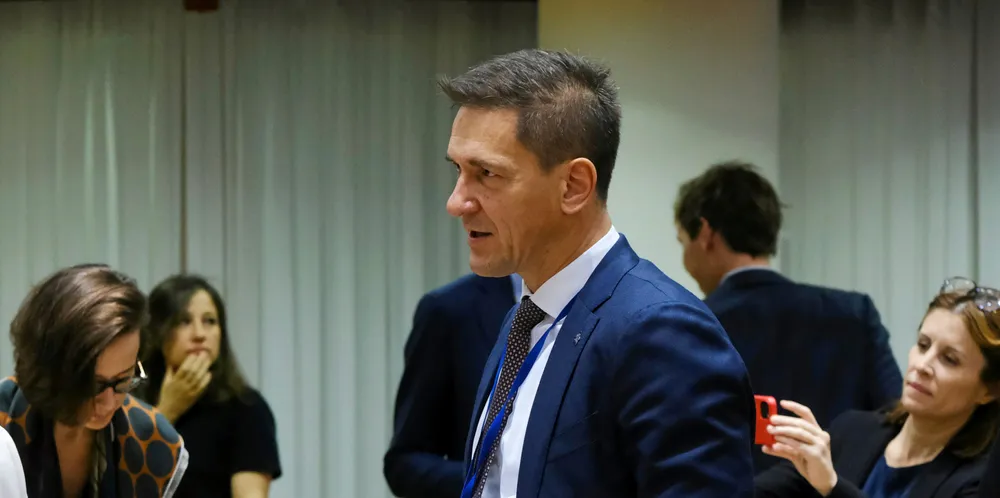Lithuania cites 'national security' as it starts second offshore wind tender
Baltic country bets on wind at sea to wean itself off Russian energy imports

Lithuania’s National Energy Regulatory Council (NERC) has launched a second 700MW offshore wind tender in its territorial waters, which the government said will enhance "national security" as the Baltic country is weaning itself off Russian energy imports.
Bidders can submit their applications to NERC until 14 April 2024. Under the terms of the tender, interested parties will be able to develop the array with or without contract for difference (CfD) support. The price ceiling at the auction is €107.18 ($116.50) per MWh.
"Lithuania is rapidly increasing its domestic electricity generation, with electricity production growing from 30% to almost 50% in the last few years,” energy minister Dainius Kreivys said.
“The planned two offshore wind farms will provide half of Lithuania's current electricity consumption and will allow it to be self-sufficient in electricity from domestic sources and eliminate its dependence on electricity imports.
“These are Lithuania's strategic goals, which determine the country's national security, people's confidence in the state, the price of energy resources for our population and the international competitiveness of our exporting business.”
Lithuania when preparing its first 700MW offshore wind tender last year had said that its armed forces will verify the compliance of the construction plans with national security interests.
The winner of the second tender will be required to contribute at least €5m for environmental protection in the Lithuanian maritime area. Once the offshore wind farm is built, the developer will be obliged to make an annual contribution of €1 per MWh of electricity produced. Preliminary estimates suggest that this could amount to around €3m annually.
The area of the second wind farm is about 136 square kilometres and is located at some 30kms from the coast.
(Copyright)